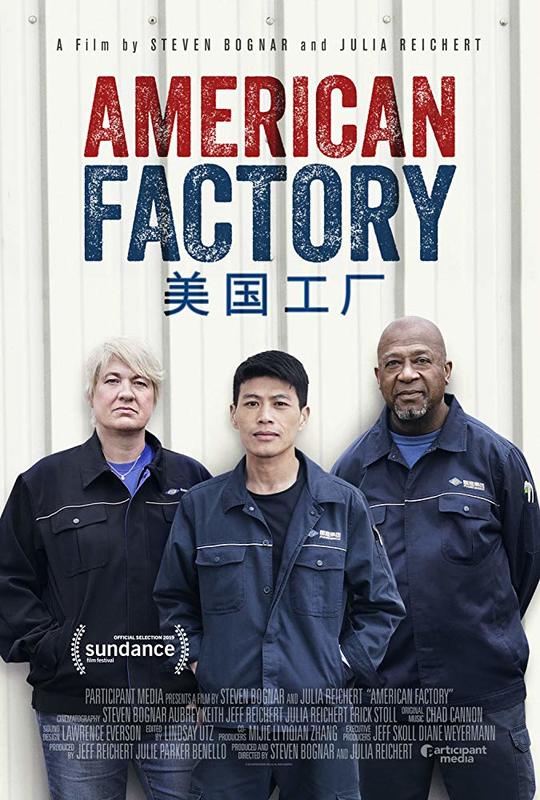What Is A Post-Progressive Documentary?
Last week as President-elect Joe Biden was calling for unity, I read one political philosopher who said finding “common ground” is no longer viable. What we need, says Steve McIntosh, is to find a “higher ground”, or a post-progressive perspective.
That got me thinking, what would a “post-progressive documentary” look like?
First, it would include multiple perspectives. This idea is not new for anyone trained to think critically. But even college-educated filmmakers forget, in our hyper-polarized era, the value of including and transcending multiple viewpoints.
Instead, as far back as 1989 when Michael Moore’s “Roger and Me” plowed both the box office and GM’s CEO Roger B. Smith, we’ve seen a trend in polemic documentaries. It’s still going strong.
Of course, investigative documentaries such as “Inside Job,” “Crude,” “Enron: The Smartest Guys in the Room”–and more recently—”The Inventor,” “The Social Dilemma,” and “Totally Under Control”–are vitally important to our democracy.
But they don’t at their core display empathy for their hubris-filled villains (Kenneth Lay, Elizabeth Holmes, Donald Trump, etc.)
One exception to the trend in one-sided documentaries is this year’s Academy-winning “American Factory”.
Notably, it was the first film backed by the appropriately-named production company “Higher Ground”, founded by Barack and Michelle Obama in 2018. This verite film observes the complex relationships between Chinese management and American factory workers at a shuttered GM plant in Ohio.
“What’s extraordinary about ‘American Factory’ is its ability to tell the story from multiple perspectives,” says Thom Powers, Documentary Program Director of the Toronto International Film Festival.
“It’s a great, expansive, deeply humanist work, angry but empathetic to its core,” agrees New York Magazine film critic David Edelstein.
Co-directors Steven Bognar and Julia Reichert realized early on their film would have multiple points of view, according to the podcast “Pure Non-Fiction with Thom Powers.” (I highly recommend Episode 113).
They tried to “craft something that immerses you and gives you empathy for people who maybe don’t even agree with other people in the film—for whom we also hope you’ll have empathy,” said Bognar.
He described building a structure where viewers would be transported “upstairs on the Chinese side or downstairs on the American side or vice versa, and you’ll care about multiple people.”
I’d love to watch more “post-progressive documentaries” that reveal injustice while at the same time evoke compassion for “un-woke” or unenlightened characters. From a moral perspective, a political perspective, and a business perspective, such films will also elevate viewership to a “higher ground”.
If examples come to mind, please send titles my way!
